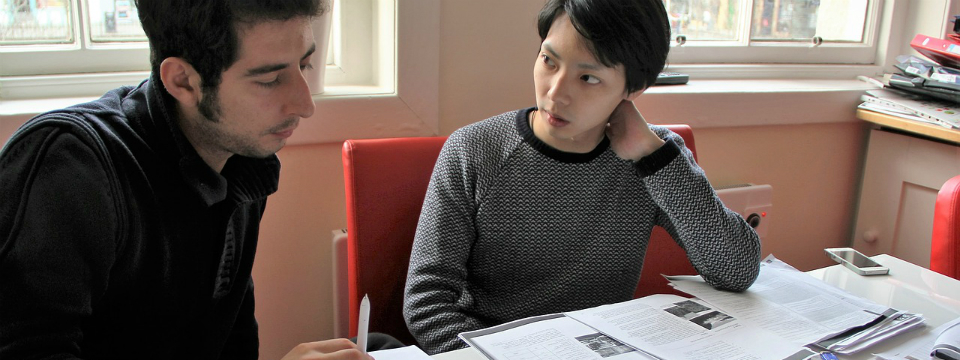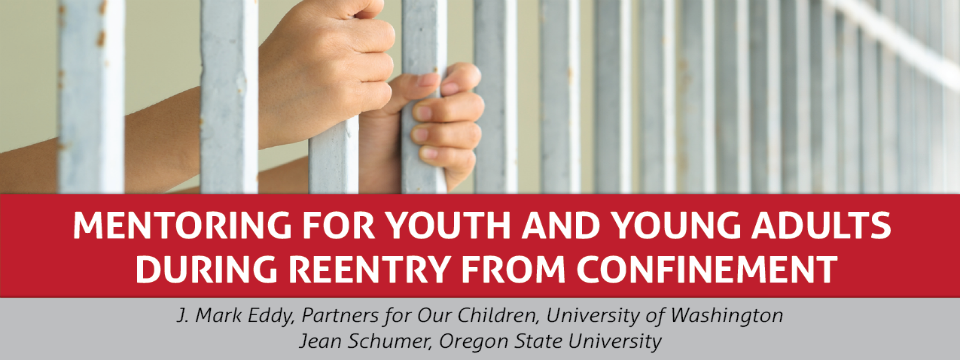Leaving So Soon? Researchers Investigate Why Mentoring Matches End Early
Mentoring relationship closures in Big Brothers Big Sisters community mentoring programs: Patterns and associated risk factors. DeWit, D., DuBois, D., Erdem, G., Larose, S., Lipman, E., & Spencer, R. (2016). American Journal of Community Psychology, 0, 1-13. DOI: 10.1002/ajcp.12023. Summarized by Justin Preston Introduction While previous research has demonstrated the overall positive benefits associated with […]











